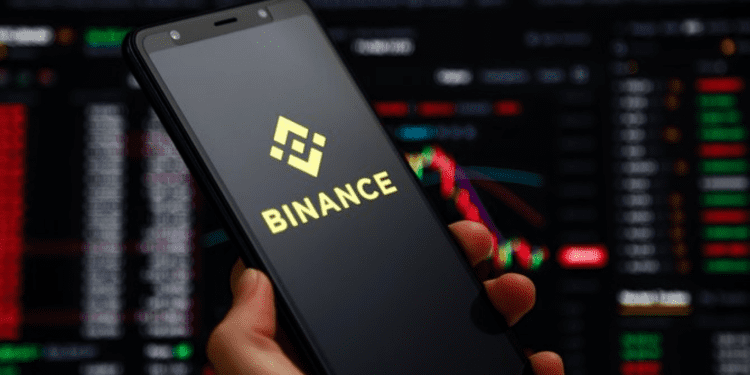- Crypto exchange Binance transferred $400 million from Silvergate Bank to a trading company called Merit Peak
- Reuters confirmed that the exchange moved the money between January and March 2021
- Binance is expected to pay the penalties regarding its probing in the US, according to a top executive
Centralized cryptocurrency exchange Binance has been in hot waters lately after the FTX buyout and Binance CEO Changpeng “CZ” Zhao’s statements regarding the stability of his company and the safety of users’ funds. According to Reuters, Binance transferred approximately $400 million from Silvergate Bank (the official partnering bank of Binance US) to a relatively obscure trading firm called Merit Peak.
Binance happened to have “access” to the money, which CZ never talked about. The $400 million were moved in 2021 from January to March when the crypto market saw a massive bull run and a declaration of alt season.
During that time, former Binance US CEO Catherine Coley wanted answers about where the money was moving from. They have yet to explain why they did it, even after Reuters recently discovered the vast fund transfer.
The US Securities and Exchange Commission (SEC) has elaborated that it will not allow crypto exchanges to have hedge fun and trades simultaneously in one app because it is prone to tampering with customers’ money.
“We don’t let the New York Stock Exchange also run a hedge fund and trade on the exchange. Why would we do it here,” said Gary Gensler, the SEC chair.
US Regulators Still Have Trust Issues with Binance
US regulators are concerned about digital asset exchanges, particularly those that operate without proper licensing like Binance.
The lack of regulatory oversight has led to distrust these platforms, as the public must confirm their funds are secure. This is especially concerning for large transfers such as the recent $400M transfer from Binance, which raised red flags within the US regulators for its potential involvement with money laundering and other illicit activities.
A key issue facing exchanges outside a regulatory framework is the need for KYC/AML compliance measures. These protocols are necessary to ensure that user accounts are legitimate and funds are legally coming into the platform. As such, US regulators don’t trust exchanges like Binance due to their unclear operations and inability to provide traceable financial information.
Another area of concern is ownership structure and governance. Unregulated cryptocurrency exchanges often need clear ownership structures, making it difficult to assess who holds responsibility if something goes wrong. US regulation also requires financial institutions to be subject to government supervision and approvals before they’re allowed to operate in the market; this offers additional points of accountability and assurance that an exchange isn’t being used for criminal activities.
US regulators have their reasons for not trusting cryptocurrency exchanges such as Binance and Kraken due to their lack of transparency and proper oversight measures. Until these issues are addressed satisfactorily, it’s unlikely that US regulators will alter their position on digital asset trading platforms.














